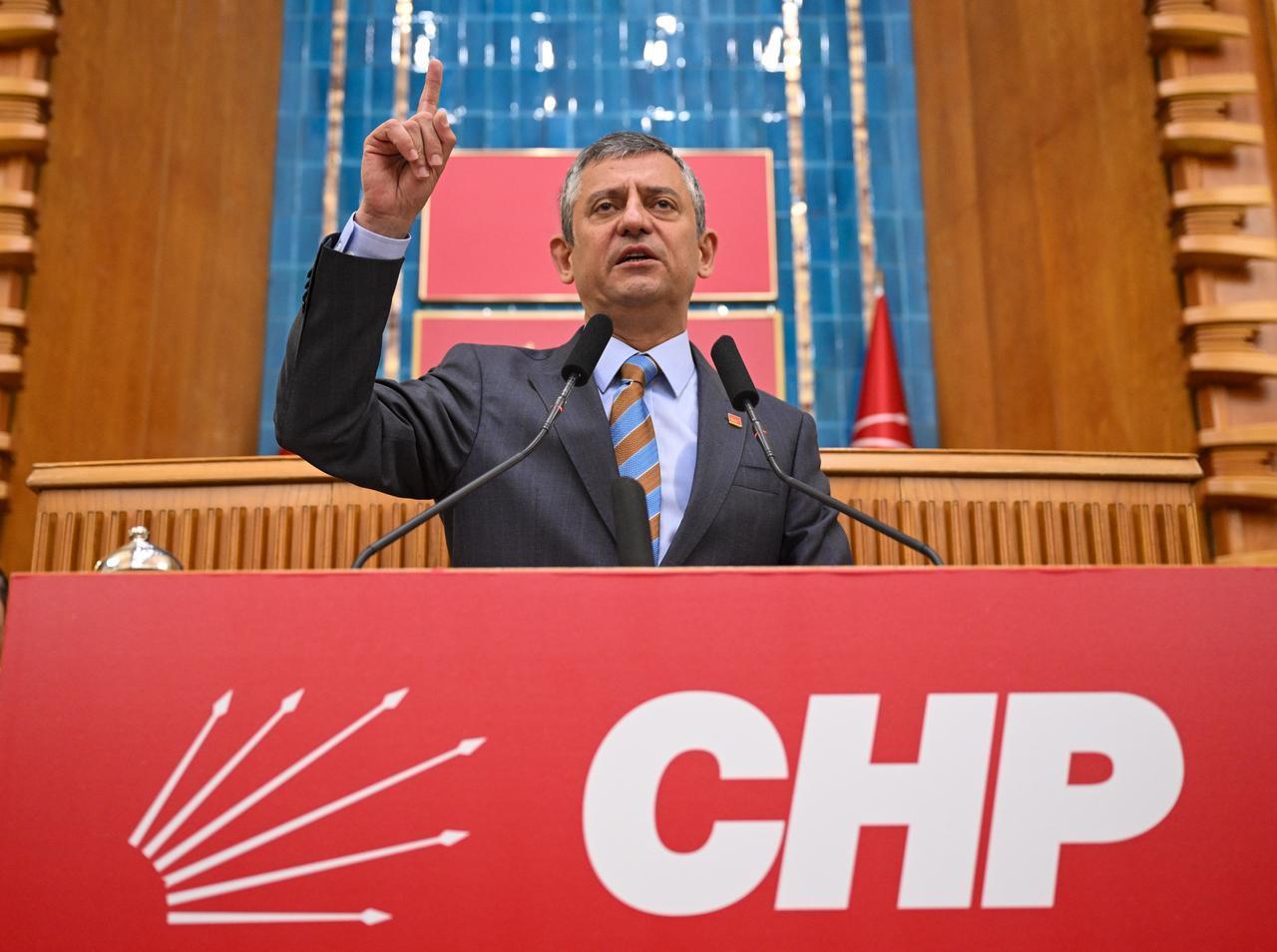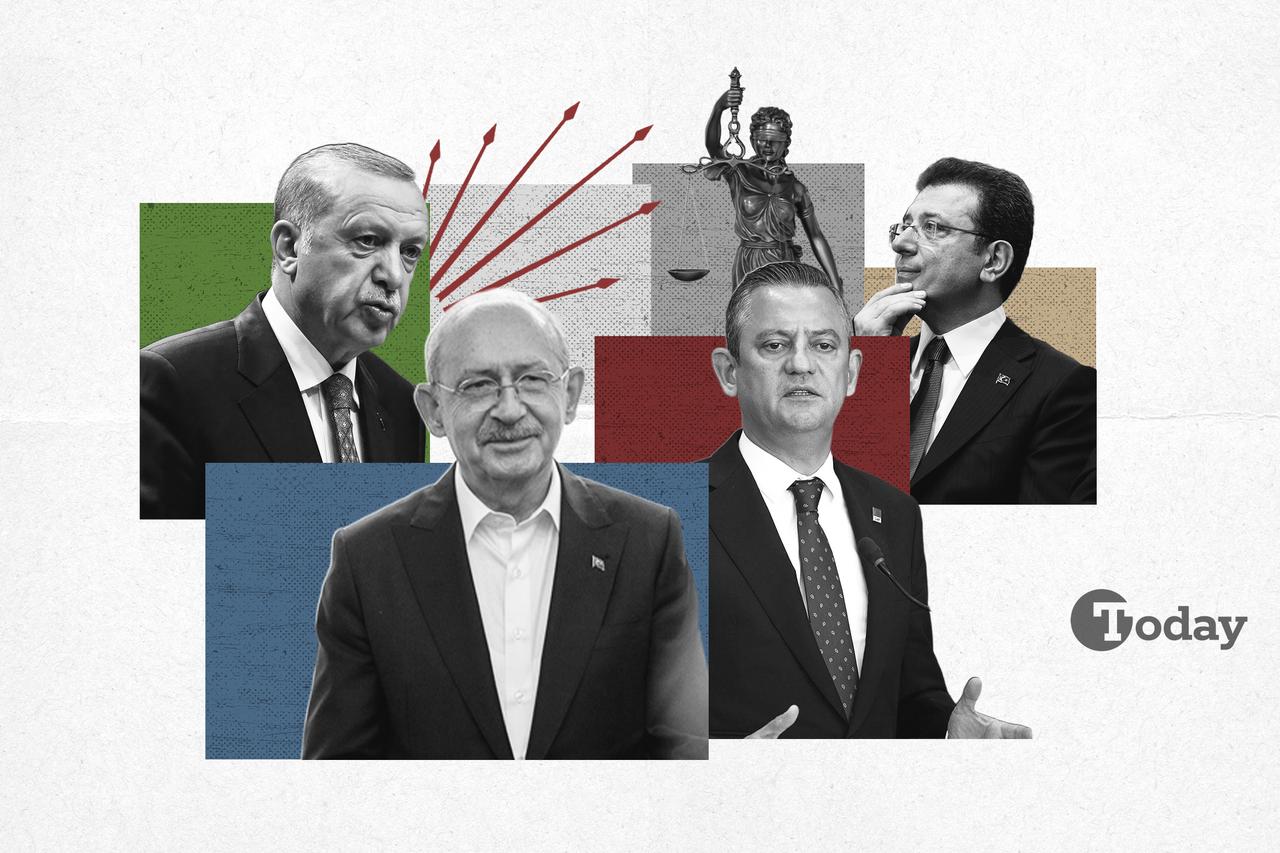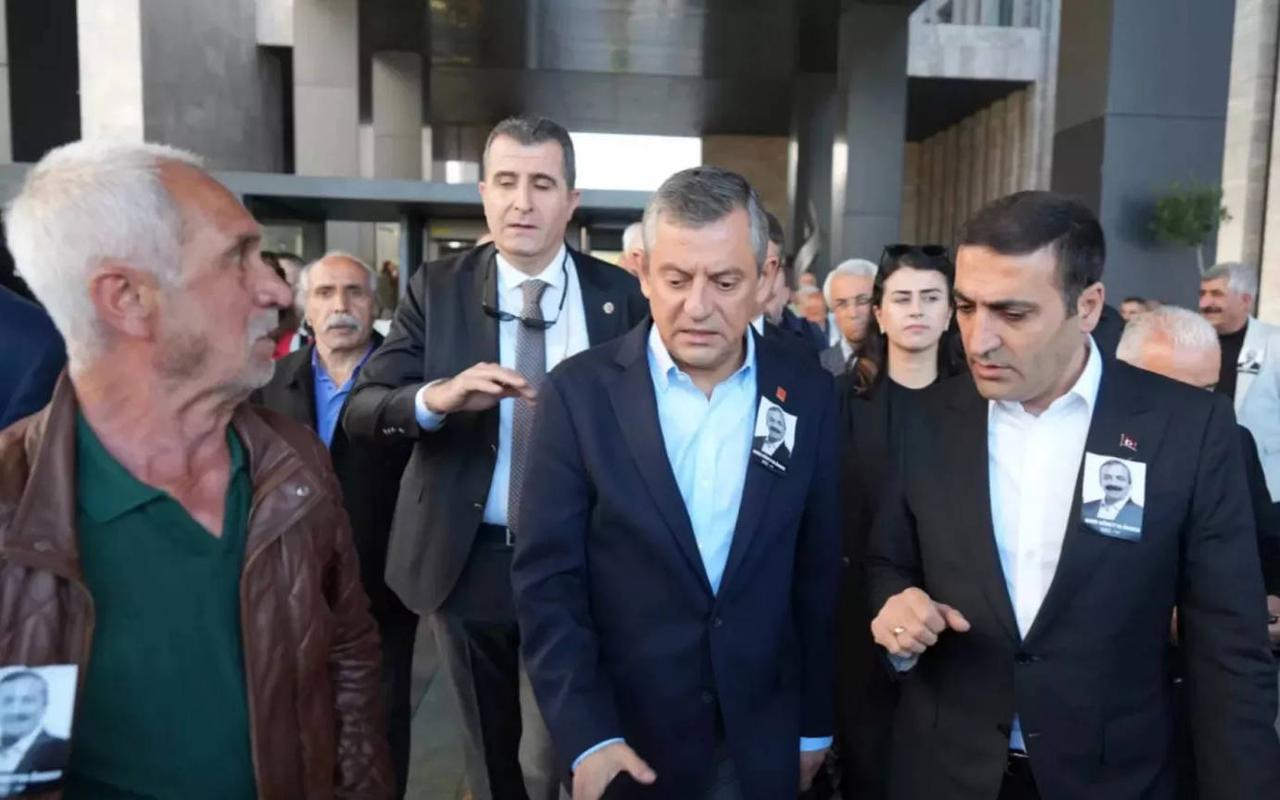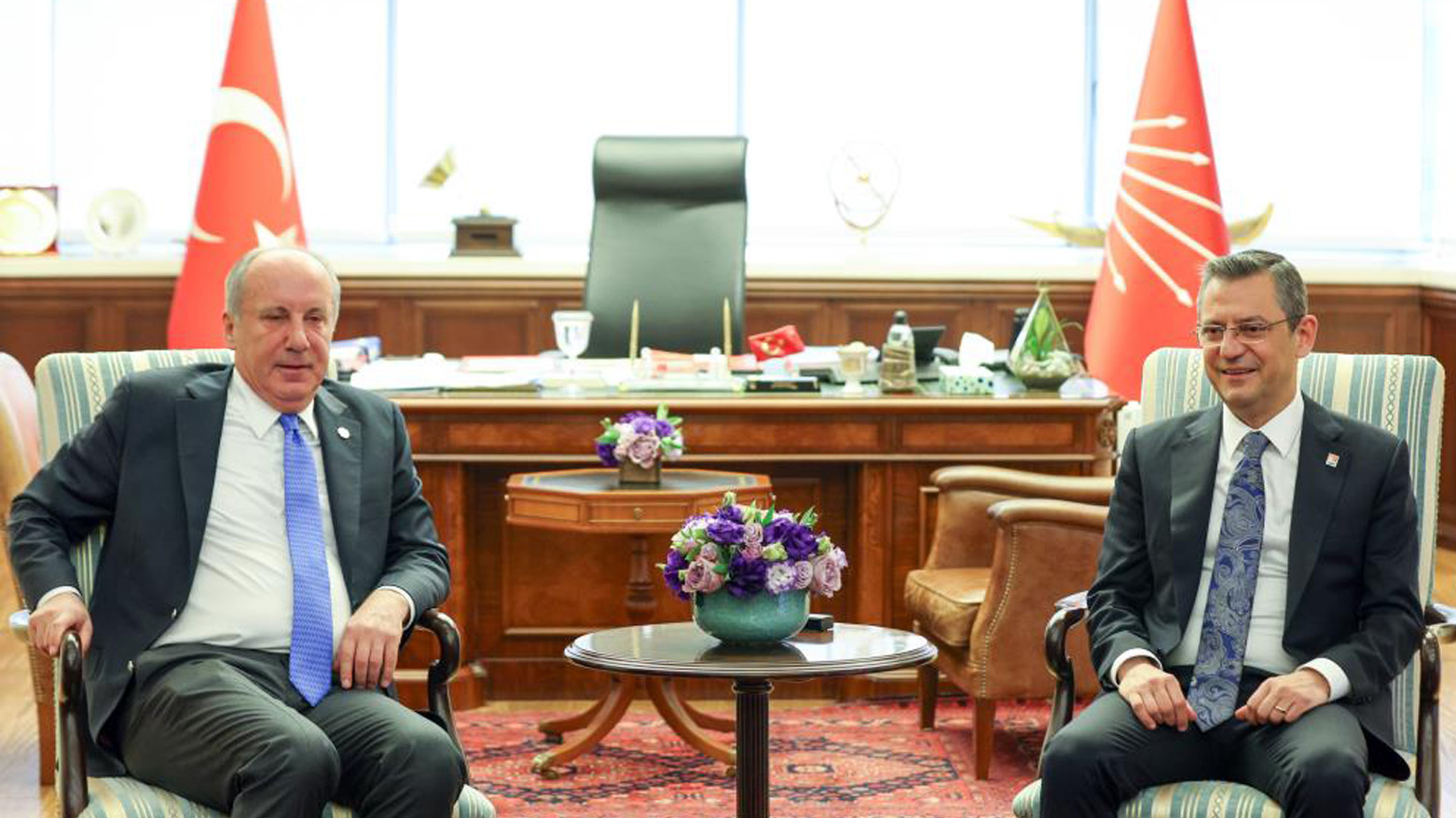
An Ankara civil court is set to rule June 30 on a case challenging the legitimacy of the Republican People’s Party (CHP) leadership change in 2023, in a development that could reshape the party’s future and deepen political uncertainty for Türkiye’s main opposition.
The case, filed over alleged irregularities in the party’s last congress, seeks a “mutlak butlan”—a legal nullification of the results that brought current party leader Ozgur Ozel to power. If the court rules in favor of the challenge, the congress would be considered legally invalid, potentially clearing a path for former leader Kemal Kilicdaroglu to reclaim the post.
While legal experts are divided on the outcome, the political implications are already shaping public discourse. The case comes at a time when the opposition is under heightened pressure and the ruling bloc is consolidating power in the face of ongoing conflicts around the neighboring region.
Amid the struggle, the CHP’s current strategy appears to rest on two pillars: maintaining distance from the former leader without provoking open conflict, and projecting internal unity as a shield against mounting pressure.

Kilicdaroglu, who led the CHP for over a decade before stepping down in the wake of his defeat in the 2023 presidential election, has kept a low profile during the proceedings.
Kilicdaroglu’s reluctance to fully re-enter the fray reflects broader uncertainties over the party’s direction. Accepting a return under judicial terms—rather than through a democratic process—could further damage the party’s internal legitimacy and alienate voters.
There are reputational risks Kilicdaroglu would face by accepting such a move. With the party’s base still reeling from recent electoral losses and sensitive to perceptions of manipulation, his reappointment under legal duress could provoke backlash.
However, he has his own team within the party and supporters, whether directly or through his legacy.
Reports suggest party intermediaries approached him to gauge his willingness to return if the court invalidates the congress. His response was reportedly noncommittal, with sources citing his reluctance to re-enter the leadership under such contentious circumstances.

Party insiders and observers cite March 19 as a significant turning point. On that date, following a new wave of legal actions and threats against prominent CHP figures, the party moved to project unity by announcing an extraordinary congress. The aim was to strengthen internal legitimacy and resist what party officials called a “political operation” targeting Türkiye’s largest opposition force.
Yet just as the party attempted to consolidate, the legal case over the previous congress emerged. Analysts say the timing of the lawsuit revived internal tensions and raised fresh questions over the autonomy of political institutions in Türkiye.
The lawsuit over the CHP congress is widely viewed by opposition figures as part of a larger strategy by the ruling bloc to weaken the opposition through institutional means, beyond the legal merits of the case.
In this context, the court case is not just about internal CHP dynamics, but about managing the perception of the opposition as a whole. The prolonging of the legal process or nullifying the congress altogether would serve multiple political purposes.
It would deepen divisions within the CHP, cast further doubt on the party leadership’s ability to govern, and reinforce a narrative that the party is mired in disarray.
Such a move would also resonate with efforts to erode the opposition's credibility ahead of future elections, at a time when public dissatisfaction with the government, particularly over economic issues, is growing.
Opposition figures warn that the CHP is being targeted not just through legal channels but as part of a wider campaign to marginalize dissenting voices. The growing use of courts to settle political disputes, they argue, risks further undermining public confidence in judicial independence and democratic institutions.
If the court rules in favor of the annulment of last year’s congress, the implications could be far-reaching. Ozgur Ozel’s leadership would be nullified, forcing the party into another congress. Such a decision could trigger new splits in the party.
The scenario evokes historical parallels, such as Bulent Ecevit’s break from the CHP to form the Democratic Left Party in the 1980s. Though the context has changed, the risk of fragmentation remains.
Still, given the scale of legal pressure on the party and the skepticism surrounding judicial independence, many believe a court intervention against the current leadership would carry political costs. Party members and opposition voters may view such a move as an externally imposed disruption, an impression that could backfire on its architects.

Meanwhile, the return of former presidential candidate Muharrem Ince to the CHP has added another layer of complexity. Ince, who left the party in 2021 to form the Homeland Party, rejoined the CHP on June 24.
His reentry has sparked mixed reactions. While some see it as a step toward opposition unity in the face of growing government pressure, others recall his combative rhetoric in the 2023 campaign and question his motives.
Still, given the limited traction of his breakaway movement’s popularity, his return may serve both symbolic and strategic purposes for a party struggling to maintain coherence.
As the CHP awaits the court’s decision, the party finds itself navigating overlapping legal, political and institutional challenges. The outcome of the June 30 hearing—or the continued delay of a verdict—will likely shape the opposition’s trajectory for months to come.
Whether the case results in leadership upheaval, a prolonged internal power struggle, or a rallying effect against perceived political interference, it marks a critical juncture for Türkiye’s main opposition party.